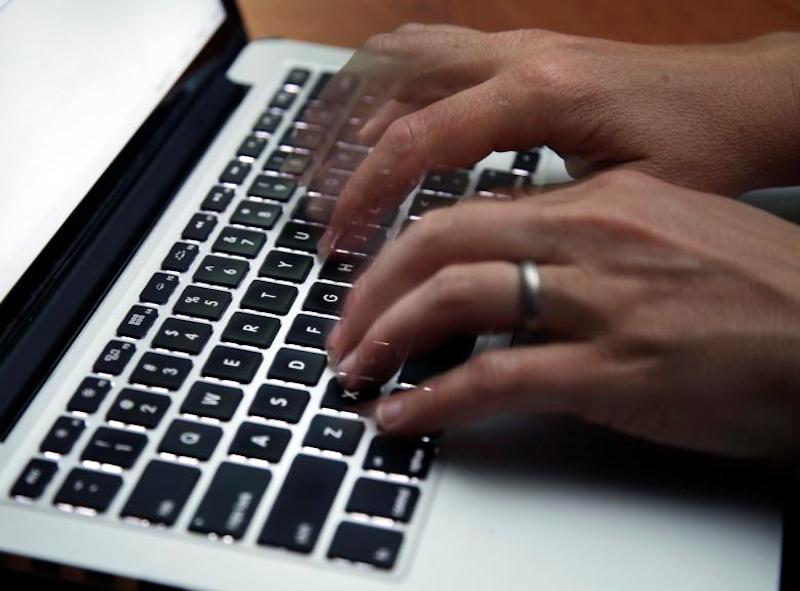
The Philippines is one of the countries in the world where you can be jailed for posting on social media, according to Washington-based Freedom House.
Based on the Freedom on the Net (FOTN) 2021 report titled The Global Drive to Control Big Tech, Freedom House said the Philippines is one of at least 55 countries where governments have investigated, arrested, or convicted people for their social- media posts.
Freedom House gave the Philippines a FOTN score of 65 categorizing Internet freedom in the country as only “partially free.” A score of 100 means the Internet is free while a score of zero means it is not free.
“Free expression is under unprecedented strain around the world. In 56 countries, a record 80 percent of those covered by Freedom on the Net, people were arrested or convicted for their online speech. Several governments this year also imposed especially egregious sentences,” Freedom House said.
The FOTN score was based on three broad categories—obstacles to access; limits to content; and violations of user rights.
Obstacles to access meant assessing infrastructural, economic, and political barriers to access; government decisions to shut off connectivity or block specific applications or technologies; legal, regulatory, and ownership control over Internet service providers; and independence of regulatory bodies.
Limits to content examines legal regulations on content; technical filtering and blocking of web sites; other forms of censorship and self-censorship; the vibrancy and diversity of the online environment; and the use of digital tools for civic mobilization.
The last category of violating user rights details legal protections and restrictions on free expression; surveillance and privacy; and legal and extralegal repercussions for online activities, such as prosecution, extralegal harassment and physical attacks, or cyber attacks.
“A small number of governments rolled back problematic pandemic-related states of emergency that had unduly restricted free expression, while others ended overly broad data-sharing programs,” Freedom House said.
“Upon renewing its Covid-19 emergency powers in September 2020, the government of the Philippines omitted previous provisions that had criminalized online speech,” it, however, added.
The data also showed that at least one occurrence of a cited control on Internet freedom was observed in the country during the report’s coverage period of June 2020 to May 2021.
These controls included pro-government commentators manipulating online discussions; passing new laws or directives increasing censorship or punishment; and passing a new law or directive increasing surveillance or restricting anonymity.
There were also instances when a blogger or ICT user was arrested, imprisoned, or in prolonged detention for political or social content; a blogger or ICT user physically attacked or killed—including being placed in custody; and technical attacks against government critics or human-rights organizations.
Countries that posted the top 10 highest Internet freedom scores were Iceland, Estonia, Canada, Costa Rica, Taiwan, Germany, France, United Kingdom, Georgia, and Japan.
Those with the least freedom were China, Iran, Myanmar, Cuba, Vietnam, Saudi Arabia, Pakistan, Egypt, United Arab Emirates, and Ethiopia.
Countries that saw no key Internet controls were Canada, Costa Rica, Estonia, France, Iceland, Japan, and the United Kingdom.
